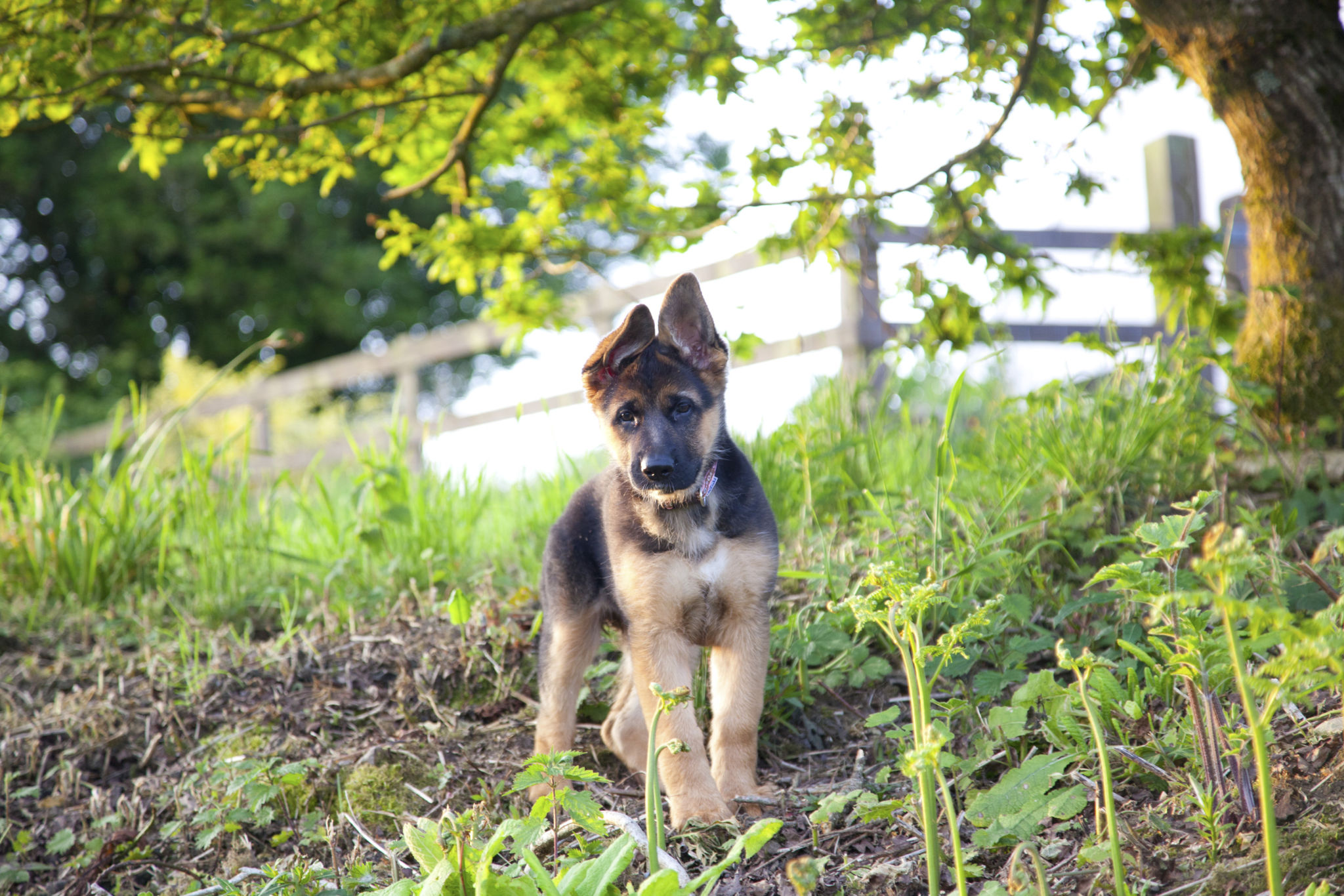Expert Tips for Training Your German Shepherd Puppy
Understanding Your German Shepherd Puppy
Training a German Shepherd puppy can be both rewarding and challenging. Known for their intelligence and loyalty, these dogs are quick learners but require consistent training. It’s essential to understand their natural instincts and behavior to create a training plan that works effectively.
German Shepherds are highly energetic and thrive on mental and physical stimulation. They need an owner who can provide structured activities and regular exercise. Establishing a strong foundation of trust and respect is crucial during the early stages of training.

Basic Commands and Obedience Training
Start with basic commands such as sit, stay, and come. These form the backbone of effective communication with your puppy. Use positive reinforcement techniques like treats and praises to encourage desired behaviors. Consistency is key; practice these commands daily to reinforce learning.
Incorporate short training sessions into your puppy's routine. Puppies have short attention spans, so keeping sessions brief, around 5-10 minutes, will ensure they remain engaged. Gradually increase the complexity of commands as your puppy becomes more adept.

Socialization: A Crucial Aspect
Socialization is vital for a well-adjusted German Shepherd. Expose your puppy to various environments, people, and other animals early on. This exposure helps reduce fearfulness and promotes confident behavior.
- Take your puppy to parks where they can interact with other dogs.
- Introduce them to different sounds, such as traffic and household noises.
- Encourage positive interactions with strangers under your supervision.
These experiences will help your German Shepherd grow into a friendly and sociable adult dog. Remember, socialization should be a positive experience to foster good behavior.

Addressing Behavioral Issues
German Shepherds can develop behavioral issues if not trained properly. Common problems include excessive barking, chewing, and separation anxiety. Address these issues promptly to prevent them from becoming ingrained habits.
- For barking, identify triggers and work on desensitization techniques.
- Provide plenty of chew toys to deter destructive chewing.
- Gradually increase the time your puppy spends alone to ease separation anxiety.
Consistency in addressing these behaviors will help your puppy understand what is acceptable and what is not.
The Importance of Patience and Persistence
Training a German Shepherd puppy requires patience and persistence. Setbacks are normal, but maintaining a calm and positive demeanor will encourage your puppy's progress. Celebrate small victories and remain committed to their development.
Remember, each puppy is unique, so tailor your training approach to suit their individual needs. With time, effort, and love, your German Shepherd will become a well-behaved and cherished member of your family.
